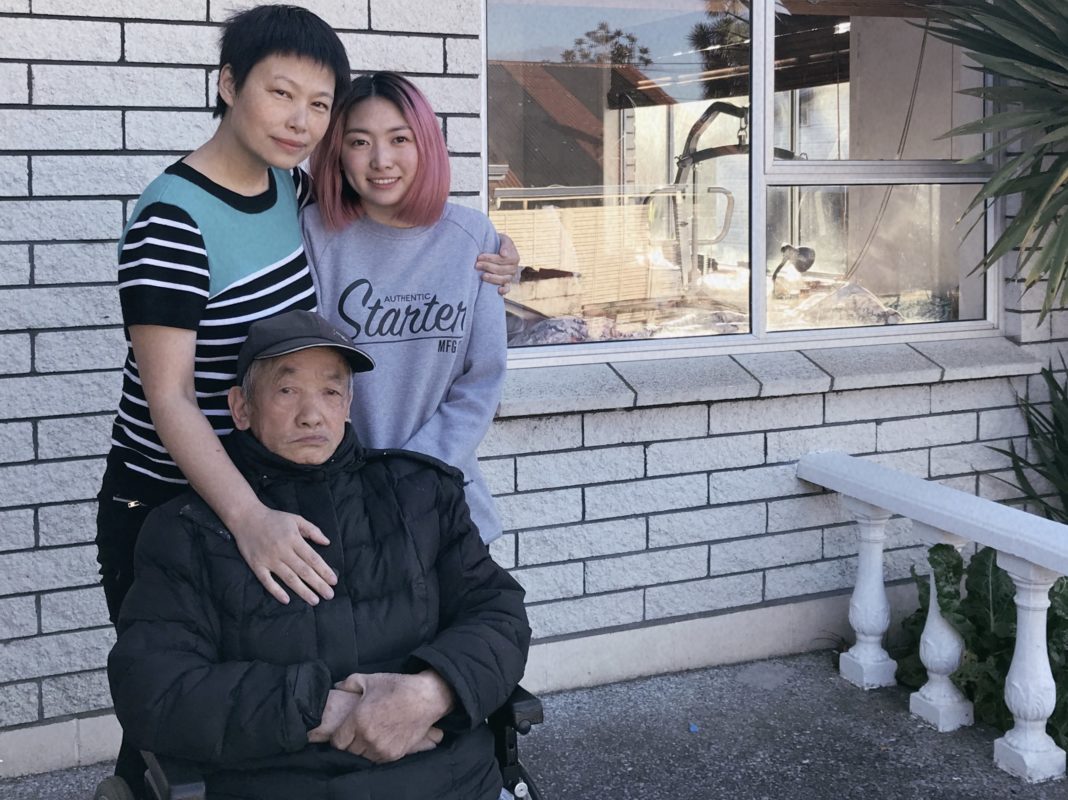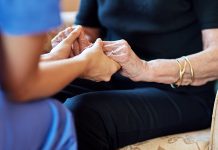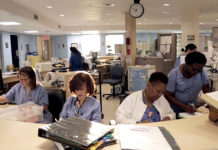I remember sitting in a hospital meeting room with a hospital consultant, a social worker, two occupational therapists and a hospital translator.
The purpose of the meeting was to discuss my request to discharge my elderly father from hospital.
“The reason why we have a translator here is because we need to make sure it is your father’s own decision rather than yours, although we know you are a nurse and can speak English,” they told me.
“Your father needs two people’s assistance and a hoist to help with his mobility, and we don’t think you can look after your father by yourself.”
I burst into tears upon hearing these comments from those health professionals.
My father had a stroke in December last year, which left him with right side hemiplegia. A week later, when I got home from overseas and visited him in hospital, I realised that he was terrified of the hospital environment; he felt like an abandoned and worthless child.
As a 90-year-old man from an Asian country, he could not understand any English.
Whenever hospital staff talked to him, his eyes would be wide open with fear. Dad had a mental breakdown and refused to eat anything while in hospital. Thankfully, the consultant, along with the social worker and occupational therapists, made the final decision that my father should be discharged home with a GP follow-up.
I believe that the decision was made with full cultural considerations rather than from a purely medical point of view. I am very much appreciative of the open-mindedness of the hospital health professionals as they understood the cultural effects on health and health management.
Although I was grateful that all the health professionals cared for my father to the best of their efforts, I also knew it was challenging for them when facing such language and cultural barriers. In Asian culture, it is a moral duty for family members to look after sick family members – filial piety is a tradition. For me, my parents brought me up, so it is my turn to look after them.
Because of the cultural differences, the question is then raised: how can healthcare professionals relate to patients and their family members? Cultural safety is one of the aspects of nursing practice reflected in the Nursing Council’s competencies for nurses in all scopes of practice. Recognising the powerlessness of the patients and the cultural differences in health practice could help nurses create a friendly environment to patients and their family members. A positive health outcome can only be achieved through recognising and understanding, with an open mind, the powerlessness of patients, as well as a strong commitment to serving the best interests of the patient.
My father lives at home with us now, making considerable progress both physically and mentally. My lovely daughter Cynthia helps me look after her grandfather in the weekend and during school holidays, and she has developed skills in looking after a stroke patient and using a hoist. All other family members also take care of my dad whenever they have time.
I am grateful that a multidisciplinary approach was taken to care for my father, made possible by a group of healthcare professionals: the occupational therapist who had been visiting us since dad was discharged from hospital and who provided all the equipment dad might need at home; the district nurse who came and performed all necessary nursing assessments; and the general practitioners who sent all the referrals. Without their efforts, we would not be able to look after Dad at home.
Jenny Song is a registered nurse and senior academic member at Wintec’s Centre for Health and Social Practice. She wrote this article with her daughter Cynthia Lee.





















